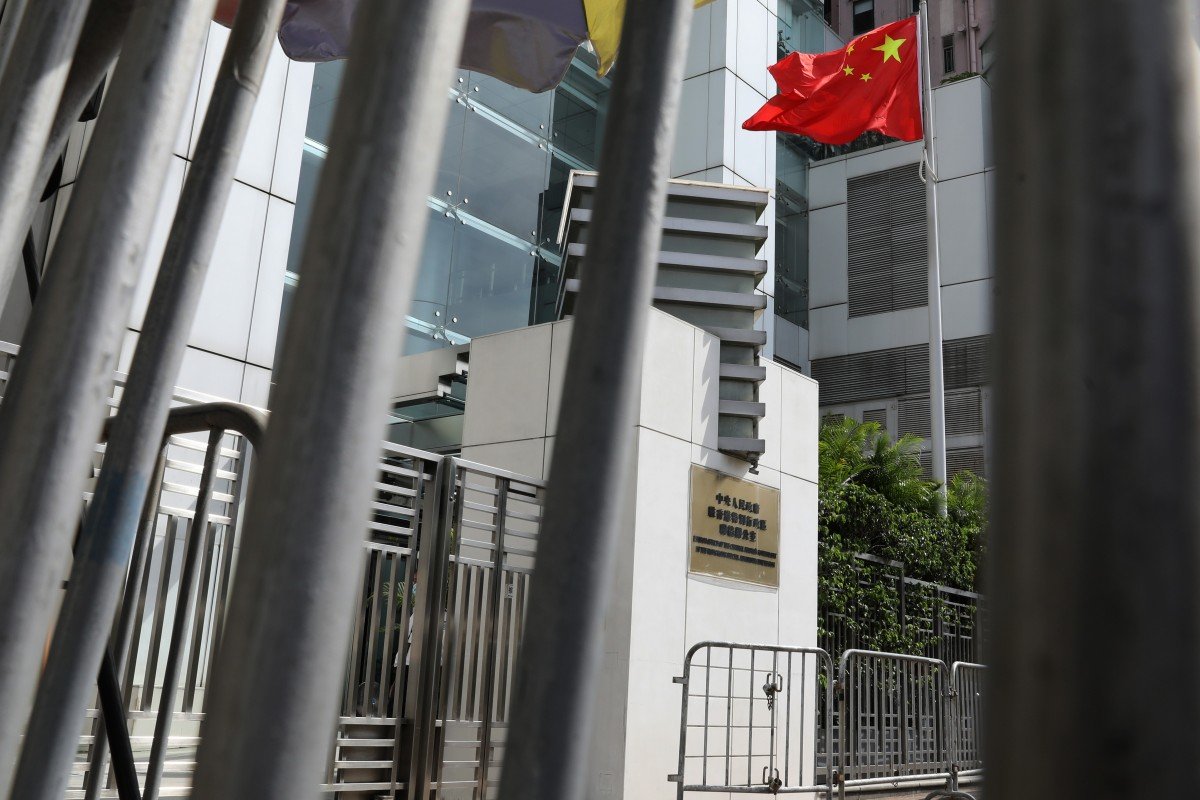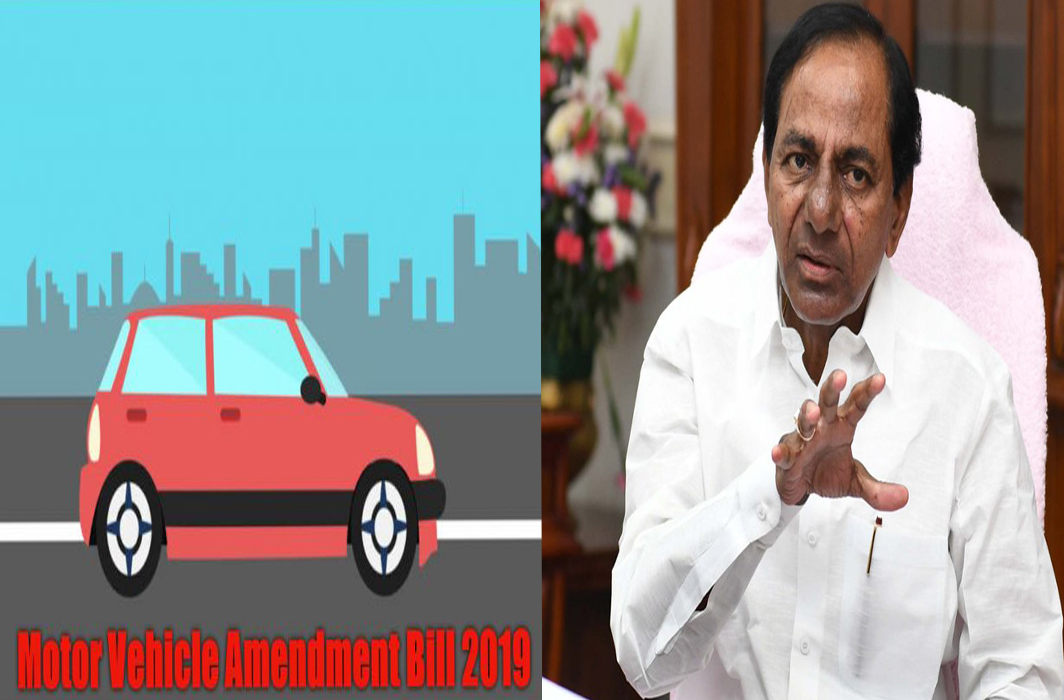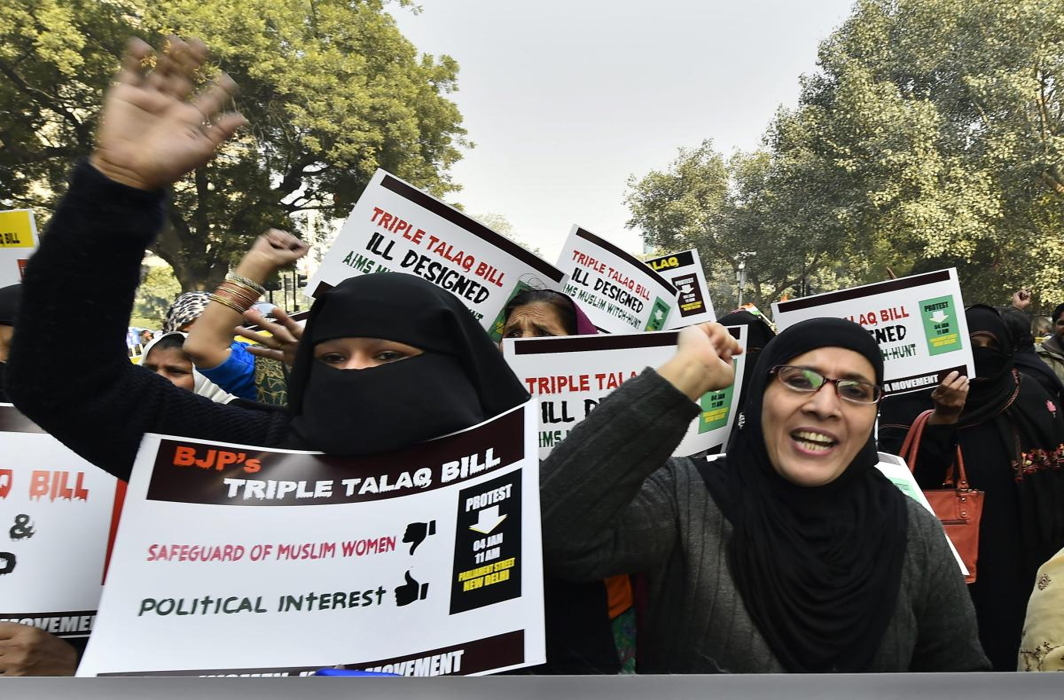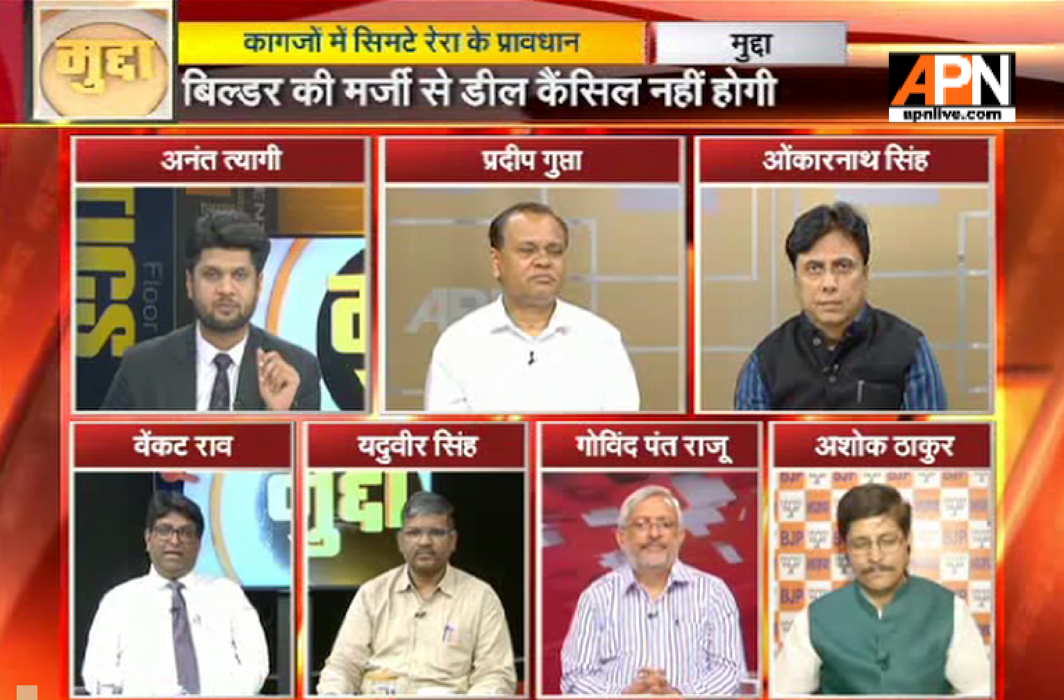India News
No longer playing with consumer interests, provision of stringent punishment.

The Consumer Protection Act, 2019, which has given a new height to the consumer rights, has come into force by the central government. It has replaced the Consumer Protection Act – 1986. Under the new law, consumers have now filed a case in any consumer court of the country The new law has made provisions for fines and jails on misleading advertisements. Not only this, now online business is also not saved by this law. And salmon sold on e-commerce sites are also under its purview. Have come.
According to the provisions in the Consumer Protection Act-2019. According to this, PIL or PIL can now be filed in the Consumer Forum. It was not so in the earlier law. The new law also includes online and teleshopping companies. There is a provision of fine and jail on the company that adulterates food and drink. Consumer Arbitration Cell will be constituted. Both parties will be able to opt for arbitration by mutual consent. Up to Rs 1 crore in Consumer Forum Cases and State Consumer Disputes Redressal Commission will deal with cases ranging from one crore to 10 crores. In National Consumer Disputes Redressal Commission. Case above Rs 10 crores will be heard. On food items in cinema hall There is also a provision for action on the complaint of taking more money. Under the new law, it would be wrong by law to charge money for carry bags.
Consumer Protection Act, 2019 and its features
As soon as the implementation of this new law, many new rules have come into force to protect the interests of customers. Who were not in the old act. Especially in the last few years, new business models have also been included in this.
According to this act; The person is called a consumer who purchases and consumes goods and services to fulfill his needs. It is important to know here that the person who buys goods or services for selling or for commercial purpose has not been considered a consumer.
The basic objective of the Consumer Protection Act, 2019, is to establish effective administration and necessary authority to timely solve the problems of consumers and protect the interests of consumers. The salient features of this Consumer Protection Act, 2019 are…
Establishment of Central Consumer Protection Authority (CCPA):
The Consumer Protection Act, 2019 provides for the establishment of the CCPA which will protect and promote the rights of consumers and enforce them. This authority; It will also look into cases related to unfair trade practices, misleading advertisements and consumer rights violations.
Restrictions and fines on misleading advertisements:
The Central Consumer Protection Authority (CCPA) will have the power to impose fines on those who create misleading or false advertisements (eg Lakshmi Dhan Varsha Yantra) and impose up to 2 years of imprisonment. If a person or company repeats this offense repeatedly, they can face a fine of Rs 50 lakh and imprisonment up to 5 years. The CCPA has the power to impose a fine on the violators and to withdraw the goods sold or to return the services. It will also have the right to pass pick orders, stop unfair trade practices and get back the price paid by consumers.
For strengthening consumer rights .. Consumer Disputes Redressal Commission will be formed at district, state and national level .. where consumer can lodge complaint .. consumer here prohibited activities, selling wrong or bad item .. charging high price or such items Information that the seller is selling and may cause damage to life or property. There is also a provision for the formation of a Central Consumer Protection Authority (CCPA). Its main purpose will be to protect the rights of consumers ..
India News
Enforcement Directorate says Arvind Kejriwal is deliberately eating mangoes, sweets, taking sugar with tea to increase his blood sugar level and create ground for bail
The Enforcement Directorate (ED) made the claim before special judge for ED and CBI cases, Kaveri Baweja, who gave directions to the Tihar jail authorities to file a report in the matter which should also include Kejriwal’s diet chart.
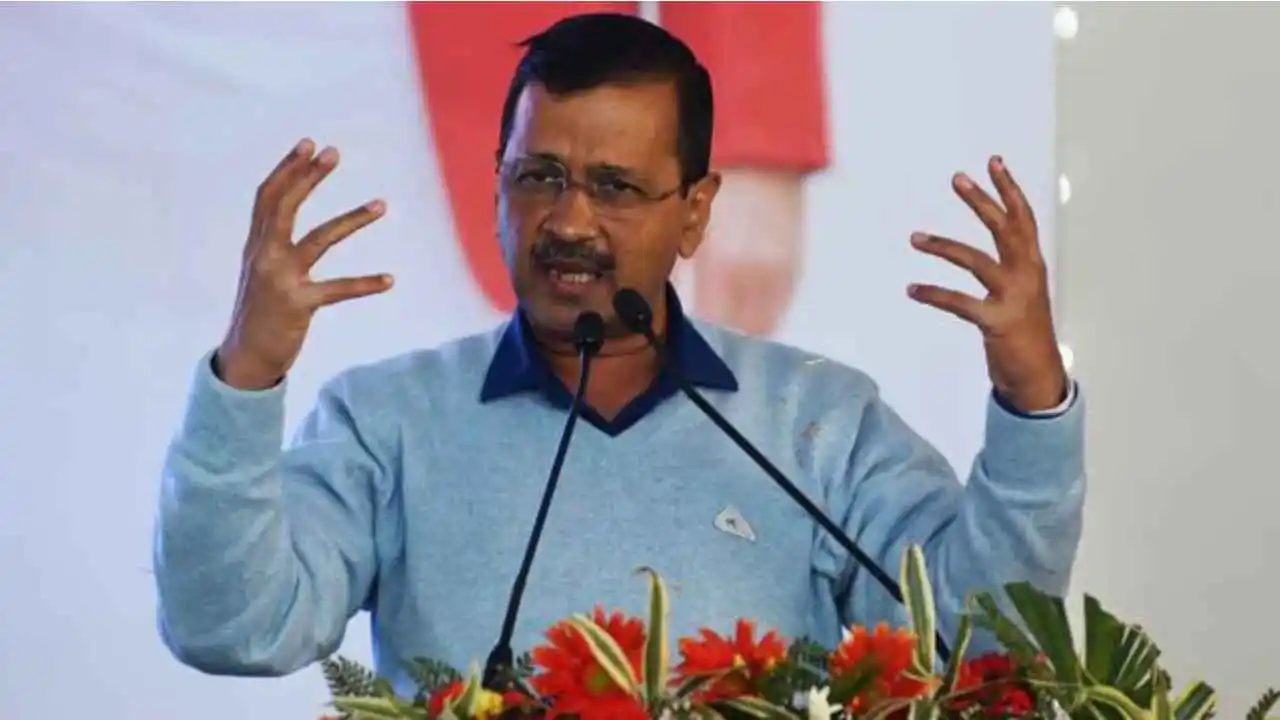
The Enforcement Directorate told the court on Thursday that Delhi Chief Minister Arvind Kejriwal, arrested in liquor policy case, is taking high sugar intake like mangoes and sweets every day deliberately in spite of suffering from type 2 diabetes so that he can create grounds for medical bail. The Enforcement Directorate (ED) made the claim before special judge for ED and CBI cases, Kaveri Baweja, who gave directions to the Tihar jail authorities to file a report in the matter which should also include Kejriwal’s diet chart.
Kejriwal had moved court and also sought permission to consult his regular doctor via video conference because his sugar levels were fluctuating. The judge directed the authorities concerned to file the report by tomorrow, when the court will take up the matter again.
Advocate Vivek Jain, counsel for Delhi CM Arvind Kejriwal responded to the ED’s argument and said this is an issue made by Enforcement Directorate so that home-cooked food should also be stopped. He said this would have a major impact on his health. Advocate Jain added that whatever Kejriwal is eating is as per his doctors prescribed dietary chart. He said the matter is sub judice and they do not have anything to say.
Advocate Vivek Jain objected to the Enforcement Directorate’s submission and said that the agency is making these allegations only for the media. He said that some toffee and other things are given to diabetic patients so that they can maintain their sugar levels. Jain added that Kejriwal is withdrawing his application and will file a better one later.
AAP minister Atishi Marlena said that Arvind Kejriwal had fallen ill and lost about 4.5 kg since his arrest on March 21. She addressed a press conference where the AAP leader said, Arvind Kejriwal is a severe diabetes patient but he never lets his health issue come as the way of his in the service to the nation.
India News
Enforcement Directorate seizes Shilpa Shetty’s husband Raj Kundra’s properties worth Rs 97 crore
The Enforcement Directorate said in a statement that the Mumbai zonal office of ED has provisionally attached immovable and movable properties of Kundra under the provisions of Prevention of Money Laundering Act (PMLA), 2002.

The Enforcement Directorate on Thursday seized businessman Raj Kundra’s properties worth Rs 97.79 crore. The siezed properties include a residential flat in Mumbai’s Juhu, which is named after his wife and Bollywood actor Shilpa Shetty. The Enforcement Directorate said the seized properties include another property which is a residential bungalow in Pune and Equity shares in the name of Raj Kundra.
The Enforcement Directorate said in a statement that the Mumbai zonal office of ED has provisionally attached immovable and movable properties of Kundra under the provisions of Prevention of Money Laundering Act (PMLA), 2002. The Enforcement Directorate began the investigation on the basis of a number of FIRs which were registered by Delhi Police and Maharashtra Police. It is being said that Kundra collected large sums of money in the form of bitcoins which were worth Rs 6,600 crore in 2017 from the public with the false promises of 10 % monthly return in the form of bitcoins.
The ED said that it was planned that the collected bitcoins will be used for bitcoin mining and investors will get to get a large return in Crypto assets. But the promoters cheated the investors as they concealed the ill-gotten bitcoins in obscure online wallets. The Enforcement Directorate revealed in its investigation that Raj Kundra received 285 bitcoins from the mastermind and promoter of Gain Bitcoin Ponzi Scam Amit Bhardwaj for setting up bitcoin mining farm in Ukraine.
The Enforcement Directorate in its statement said that the bitcoins were sourced out of proceeds of crime collected by Amit Bhardwaj from gullible investors. Since the deal did not go through, so Kundra is still in possession and enjoyment of 285 bitcoins which are valued at more than Rs 150 crore. Earlier a number of search operations were conducted in connection with this case, leading to the arrest of three people — Simpy Bhardwaj on December 17, 2023, Nitin Gaur on December 29, 2023, and Nikhil Mahajan on January 16, 2023.
India News
Religious outfit vandalises The Blessed Mother Teresa High School in Telangana after teachers object to students wearing Hanuman Deeksha dress
The Religious group broke glass windows and flower pots and pelted stones on the statue of St. Mother Teresa at the school’s entrance. The religious outfit also attacked Father Jaimon Joseph, the school manager.
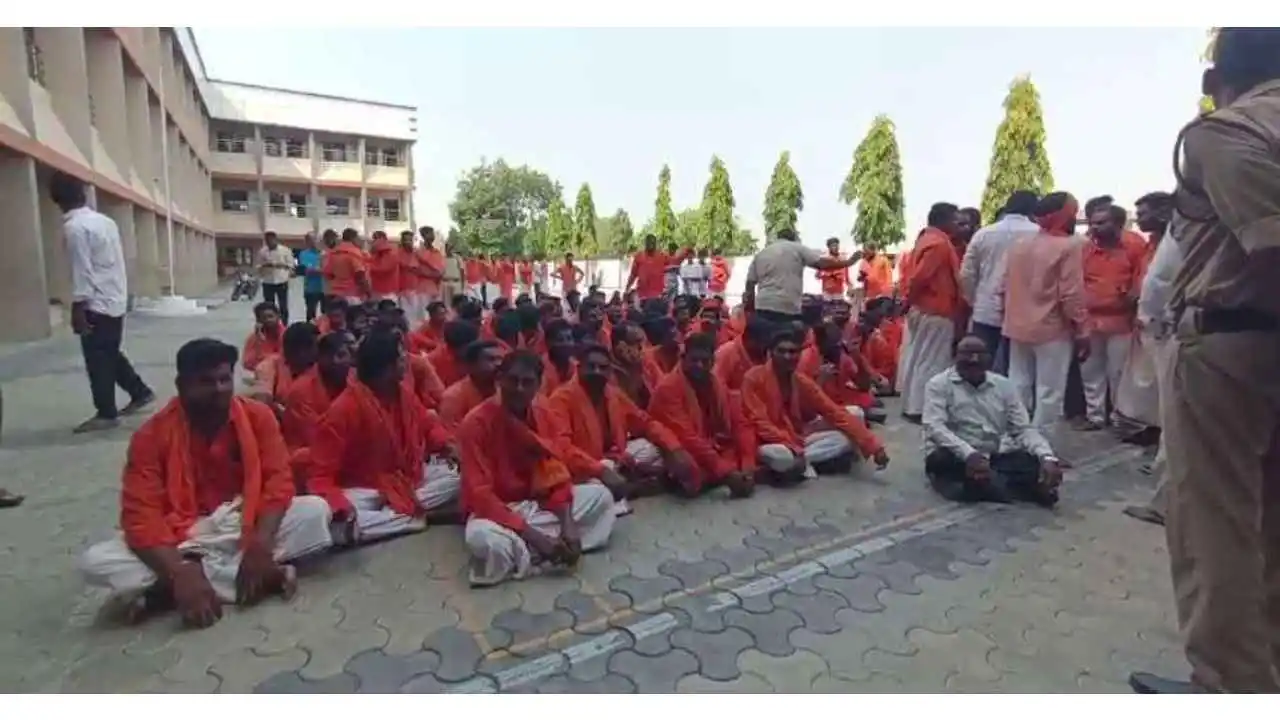
A religious group shouting Jai Shri Ram has vandalised a Catholic school and assaulted a priest in Telangana’s Mancherial district on Tuesday. The saffron mob staged protest and vandalised The Blessed Mother Teresa High School in Kannepally village. They broke glass windows and flower pots and pelted stones on the statue of St. Mother Teresa at the school’s entrance. The religious outfit also attacked Father Jaimon Joseph, the school manager.
The priest who is a member of the Missionary Congregation of the Blessed Sacrament (MCBS) said some of members of the mob even slapped and threw punches at him while others attacked him from behind. The religious outfit accused the school management of not allowing Hindu students to wear their religious costumes. The school authorities said the allegation made by the mob is misleading and has no truth in it.
Earlier, the students who wore religious costumes had informed the school principal that it was part of a 21-day special religious practice. The principal said he had only asked the students to bring their parents to school after noticing that they are not wearing the school uniform.
Later, members of the religious outfit started protesting outside the school. They demanded action should be taken against the management for stopping the students from entering the school and appearing for their annual examinations as they were wearing the Hanuman deeksha dress.
The priest said soon after the video started circulating on social media and became viral with hate messages against Christians. After this incident many Hindus reached the school and vandalized it. A complaint has been lodged at the local police station by the school management, but no arrests have been made so far. Instead of taking action against the miscreants, the police have filed a case against the school management for hurting religious sentiments of the local people.
-
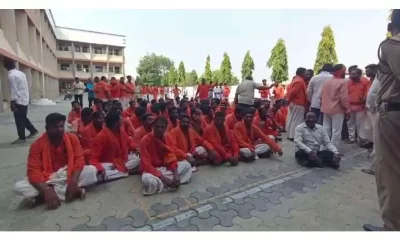
 India News9 hours ago
India News9 hours agoReligious outfit vandalises The Blessed Mother Teresa High School in Telangana after teachers object to students wearing Hanuman Deeksha dress
-

 LATEST SPORTS NEWS11 hours ago
LATEST SPORTS NEWS11 hours agoIPL 2024: Delhi Capitals thrash Gujarat Titans by 6 wickets
-

 Entertainment7 hours ago
Entertainment7 hours agoBollywood stars Vidya Balan, Kartik Aaryan, Pratik Gandhi, Ileana D’Cruz, Mouni Roy, Radhika Madan, Mrunal Thakur attend Do Aur Do Pyaar premiere
-

 India News10 hours ago
India News10 hours agoClashes erupt during Ram Navami procession in West Bengal’s Murshidabad district
-

 Cricket news5 hours ago
Cricket news5 hours agoHappy Birthday KL Rahul: Suniel Shetty wishes son-in-law KL Rahul on his 32nd birthday
-

 India News4 hours ago
India News4 hours agoEnforcement Directorate seizes Shilpa Shetty’s husband Raj Kundra’s properties worth Rs 97 crore
-
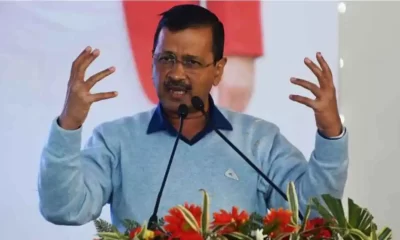
 India News3 hours ago
India News3 hours agoEnforcement Directorate says Arvind Kejriwal is deliberately eating mangoes, sweets, taking sugar with tea to increase his blood sugar level and create ground for bail



